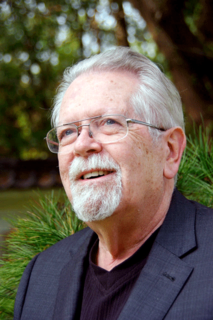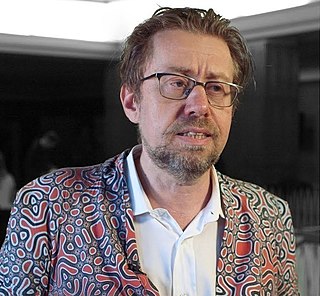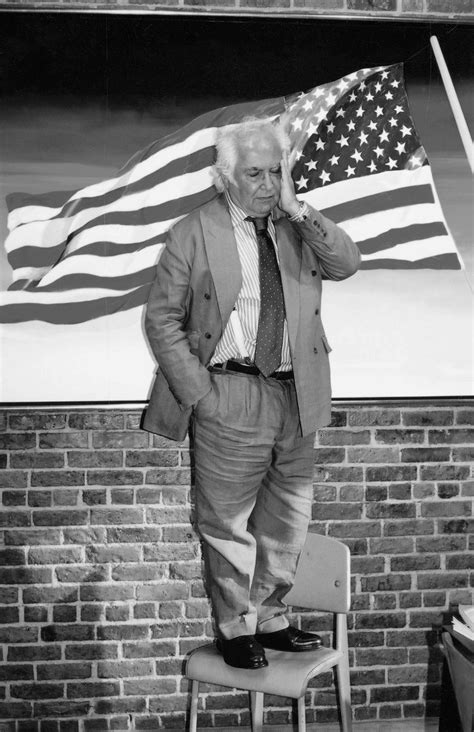A Quote by J. Gordon Melton
Among Hindu groups, none has made as great an impact on America as the Vedanta Society.
Related Quotes
For the sake of the Gospel, it was worth it… All you have to do is look at any society where there is no Jesus. I’ll give you four: Nazis, no Jesus. Look at their record. Uh, Shintos? They started this thing in Pearl Harbor. Any Jesus among them? None. Communists? None. Islamists? Zero. That’s eighty years of ideologies that have popped up where no Jesus was allowed among those four groups. Just look at the records as far as murder goes among those four groups.
I believe if any of these candidates really understood that America is in the crosshairs of God, and that America will never be made great again. None of them will be able to lift America up but letting the Black man go and giving us justice that will save America... I am almost sure that if they don't do that, it will be said: "We must get rid of Farrakhan." And that will bring about the destruction of America even more quickly.
The Vedanta teaches men to have faith in themselves first. As certain religions of the world say that a man who does not believe in a Personal God outside of himself is an atheist, so the Vedanta says, a man who does not believe in himself is an atheist. Not believing in the glory of our own soul is what the Vedanta calls atheism.
The breakdown of the modern movement led to what later became known as postmodern-whatever the hell that means-referring to the mixture of people and backgrounds that became a common thing among artists in America. Many of the great artists in America, for example, came from Jewish families and backgrounds that fled all the way from Russia. It's remarkable, the great masters of American art and cinema who were coming from old roots in little villages there. And then Hollywood, and the haunting, hypnotic impact that American Cinema had throughout the world . . .
If the various groups in America had been less selfish and had permitted different representatives from the groups to travel into foreign countries, and broaden their own scope, and come back and educate the movements they represented, not only would this have made the groups to which they belonged more enlightened and more worldly in the international sense, but it also would have given the independent African states abroad a better understanding of the groups in the United States, and what they stand for, what they represent.
Where is fate and who is fate? We reap what we sow. We are the makers of our own fate. None else has the blame, none else has the praise. We make our own destiny.
The Christian is not to become a Hindu or a Buddhist, nor a Hindu or a Buddhist to become a Christian.
Each must assimilate the spirit of other religion and yet preserve his individuality and follow his own law of growth.
Society is made up of groups, and as long as the smaller groups do not have the same rights and the same protection as others - I don['t care whether you call it capitalism or communism -it is not going to work. Somehow, the guys in power have to be reached by counterpower, or through a change in their hearts and minds, or change will not come.































